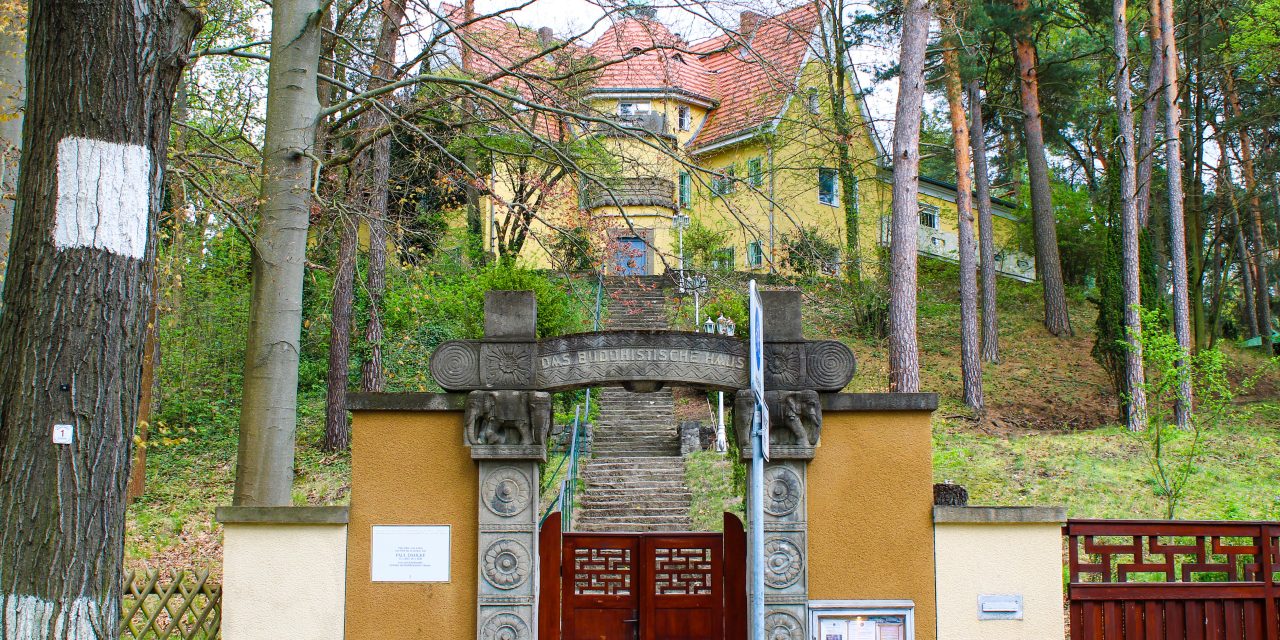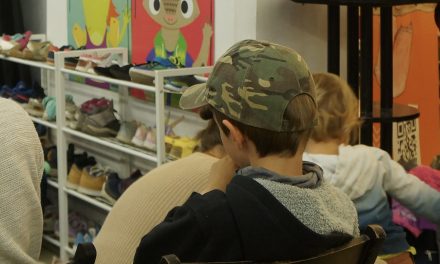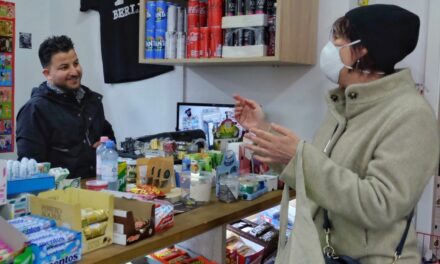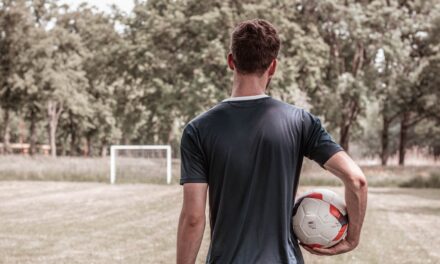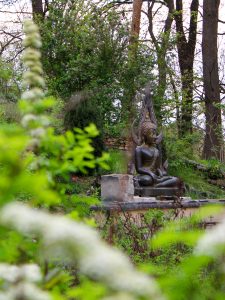
Bronze Buddha statue
Buddhism, commonly referred to as “the religion of the future,” is more of a lifestyle than a religion. It has been an intrinsic part of German culture for almost 150 years, and many have learned to eliminate obstacles that prevent them from perceiving reality as it is. Living in such a free manner allows one to act appropriately to whatever situation presents itself. Some valuable affirmations to live by, especially in a city like Berlin, which currently endures a chronic stress pandemic. This is where we get to the notion of dharma: the moral law combined with spiritual discipline that guides one’s life.
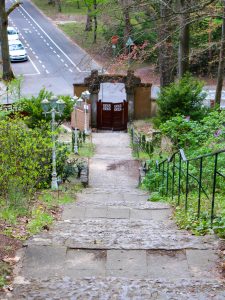
73 steps
The dharma is deeply embedded across Germany, notably in Berlin. Dr. Paul Dahlke, a physician and committed practitioner, created the first Theravada Buddhist institution in Europe on the outskirts of the capital in the 1920s. The Asian-architecture-inspired complex is constructed on a hill in the city’s wealthy Frohnau neighbourhood, with 73 stairs leading up to the temple, which represents Lord Buddha’s 73 Supreme Knowledge. Dahlke died only four years after construction began. Monks began relocating in the 1950s; now, the facility welcomes lay practitioners and monasteries on a daily basis and organises regular talks, seminars, and retreats.
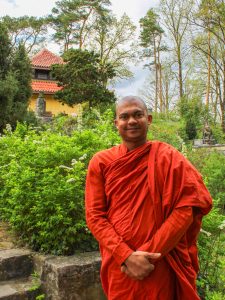
Velnerable Thalpawila
On April 11th, velnerable Thalpawila Kusalagnana Thero led a tour of the temple, sharing some pearls of wisdom. For more than two decades, he has taken satisfaction in teaching meditation and monastic discipline while also providing counsel to people in need, particularly those recovering from drug addiction, despair, and existential crises. Throughout his monastic life, he offered practical guidance on both secular and spiritual matters. He added, “The problem with people is they do not know how powerful they are, how good they are, how fortunate they are. If you really know how powerful you are, you will never need any sort of external aid.” He reminds Berliners that life is fundamentally meaningful, and that recognising one’s own potential is critical to achieving purpose and satisfaction.
“There is no better person than you in this world. Your form. Your version of yourself.” – Thalpawila Kusalagnana Thero
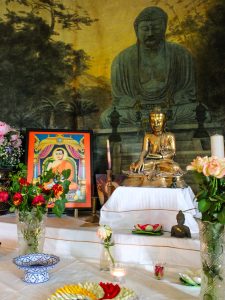
Temple’s indoor shrine
There are misconceptions and negative connotations associated with the term religion itself. Paying homage and chanting sutras are examples of thought and meditation, not prayer in the Christian sense. However, Thalpawila emphasises that Buddhism is the key to appreciating the present moment; the middle path is mindful living while contemplating future aims and desires. Many of us are concerned about unwanted energy in our consciousness, as well as karmic debt. Thalpawila calms the local Berlin population by explaining that Buddhism’s theory of rebirth extends beyond the surface level of reincarnation; actions and intentions impact one’s future life rather than a linear reincarnation of oneself.
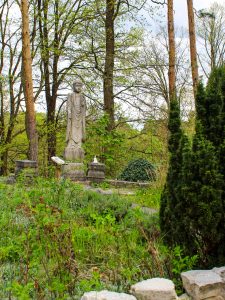
Buddha statue exported from Japan
The German government does not keep an official count of the number of Buddhists, but the German Buddhist Union believes that it is approximately 250,000 (as of 2005) and increasing. While some may not exactly adhere to rigorous religious frameworks, there is still an array of people who incorporate Buddhist teachings into their life and take a non-dogmatic approach to spirituality. Augusto, an Argentinian who has lived in Berlin for three years, illustrates the value of autonomy in spiritual exploration and practise through his jewellery enterprise. He feels that jewellery, particularly those embellished with stones, could carry intention and significance, as can tattoos, which could influence how others view and interpret them. However, one must remember that confidence and purity of heart are the true sources of power and protection.
“Buddha. Every time you do a good action, you are Buddha. Then of course, if you do good actions all the time, then you are eternally Buddha.” – Augusto El Padrino
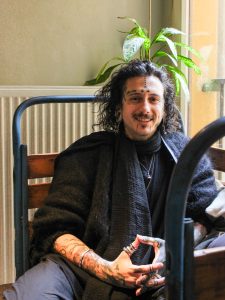
Augusto
Like the monk, he believes that enlightenment is depicted as an ongoing quest rather than a static achievement. Through his daily interactions, he promotes awareness in reaction to social judgements based on appearance or lifestyle choices, which is a frequent struggle for Berliners. Because of the increased use of technology, people like Augusto feel compelled to promote non-reactivity in dialogue rather than impulsivity, since change must begin somewhere. However, Augusto remains confident that we will always recover from setbacks by understanding synchronicities: “Things happen for a reason, and in the moment, they should happen.”
In the years to come, influential figures such as Thalpawila and Augusto, among others, will continue to call for peaceful engagement in the fight against mental diseases, biases, and prejudices in the Western world. What makes ancient Eastern philosophy popular in Berlin is its compassion and willingness to accept everything as it appears. This is how they overcome the “inherent” dissatisfaction of life. We must train ourselves not to desire things to change from who we are.
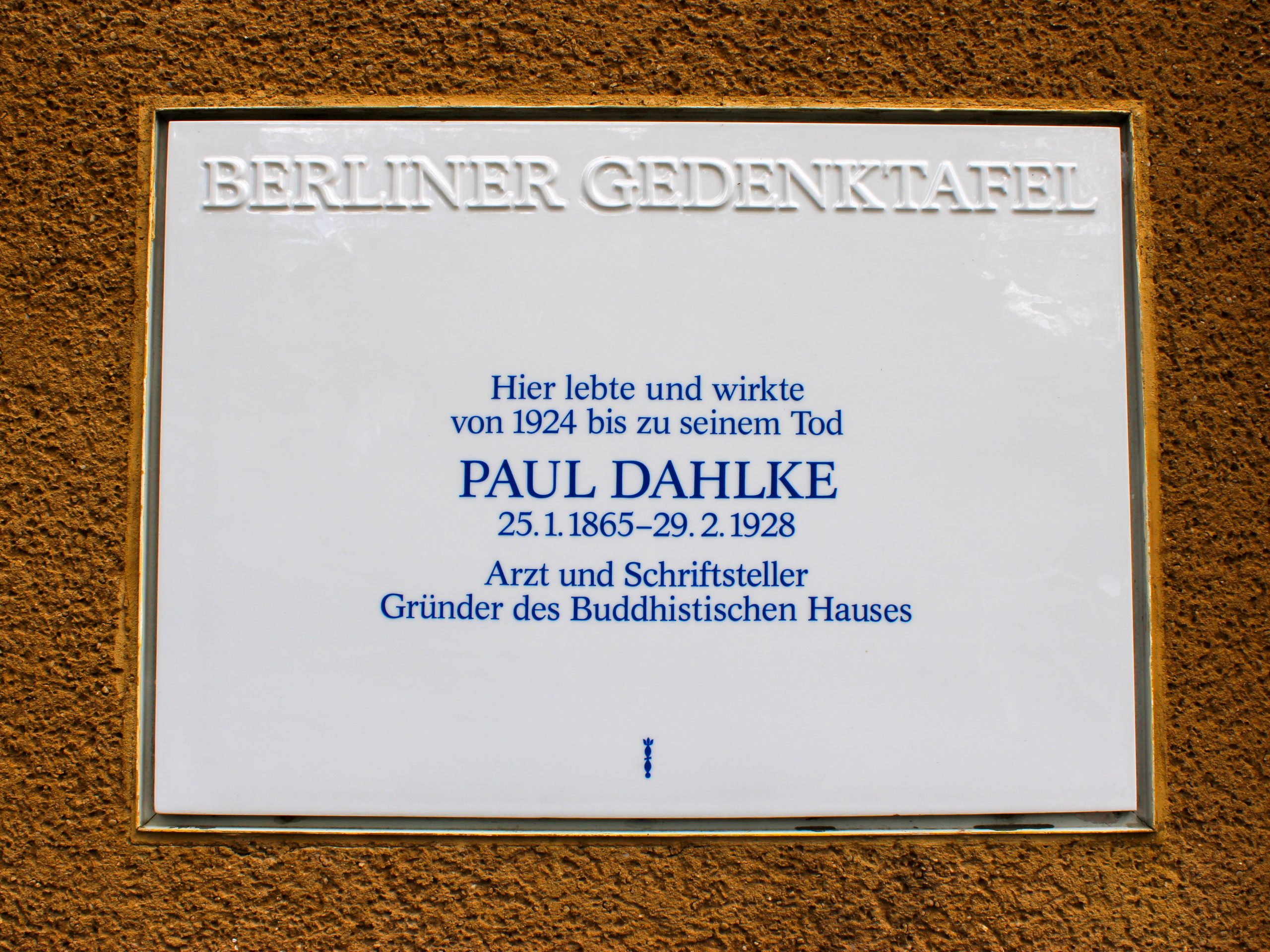
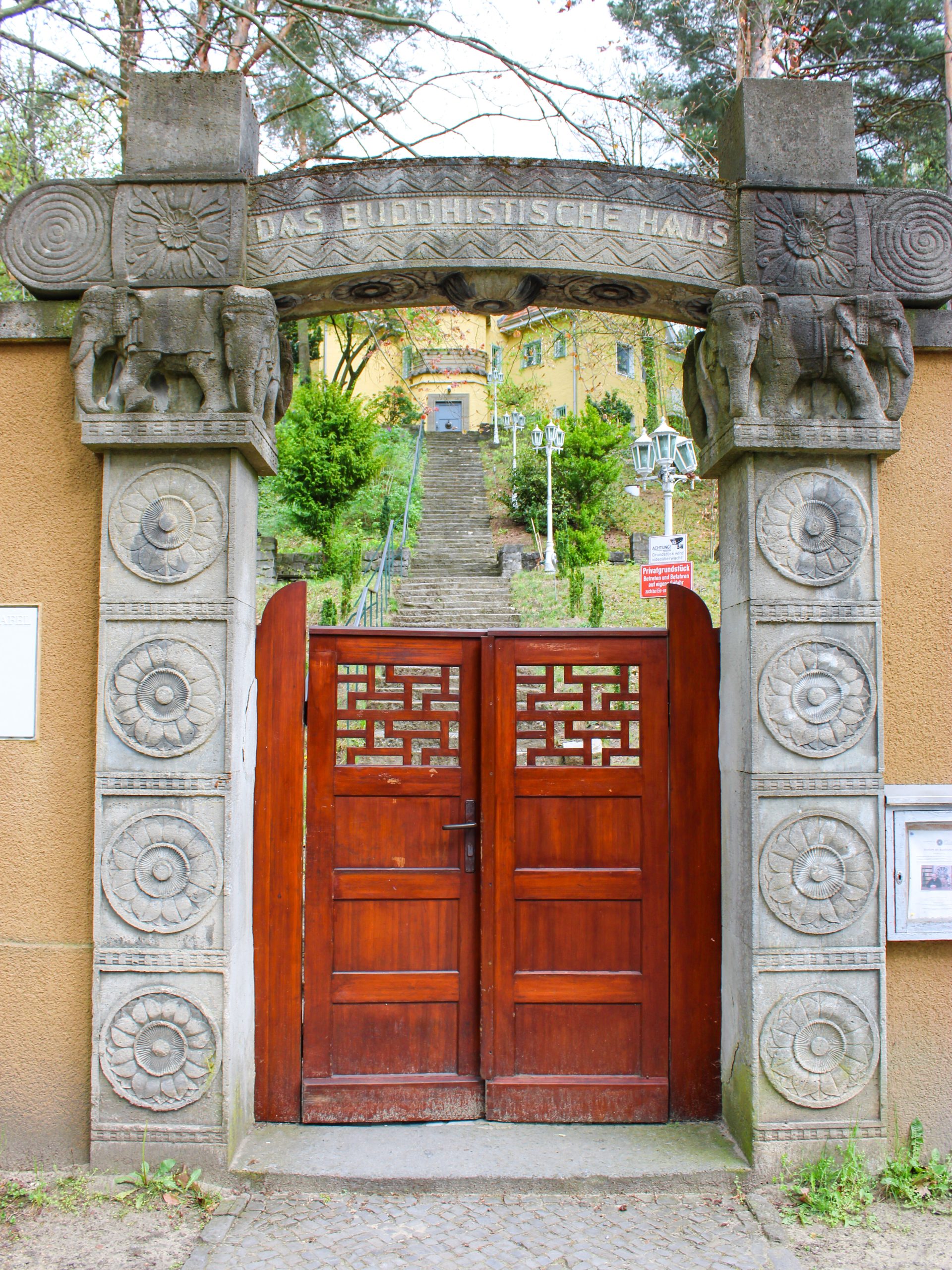
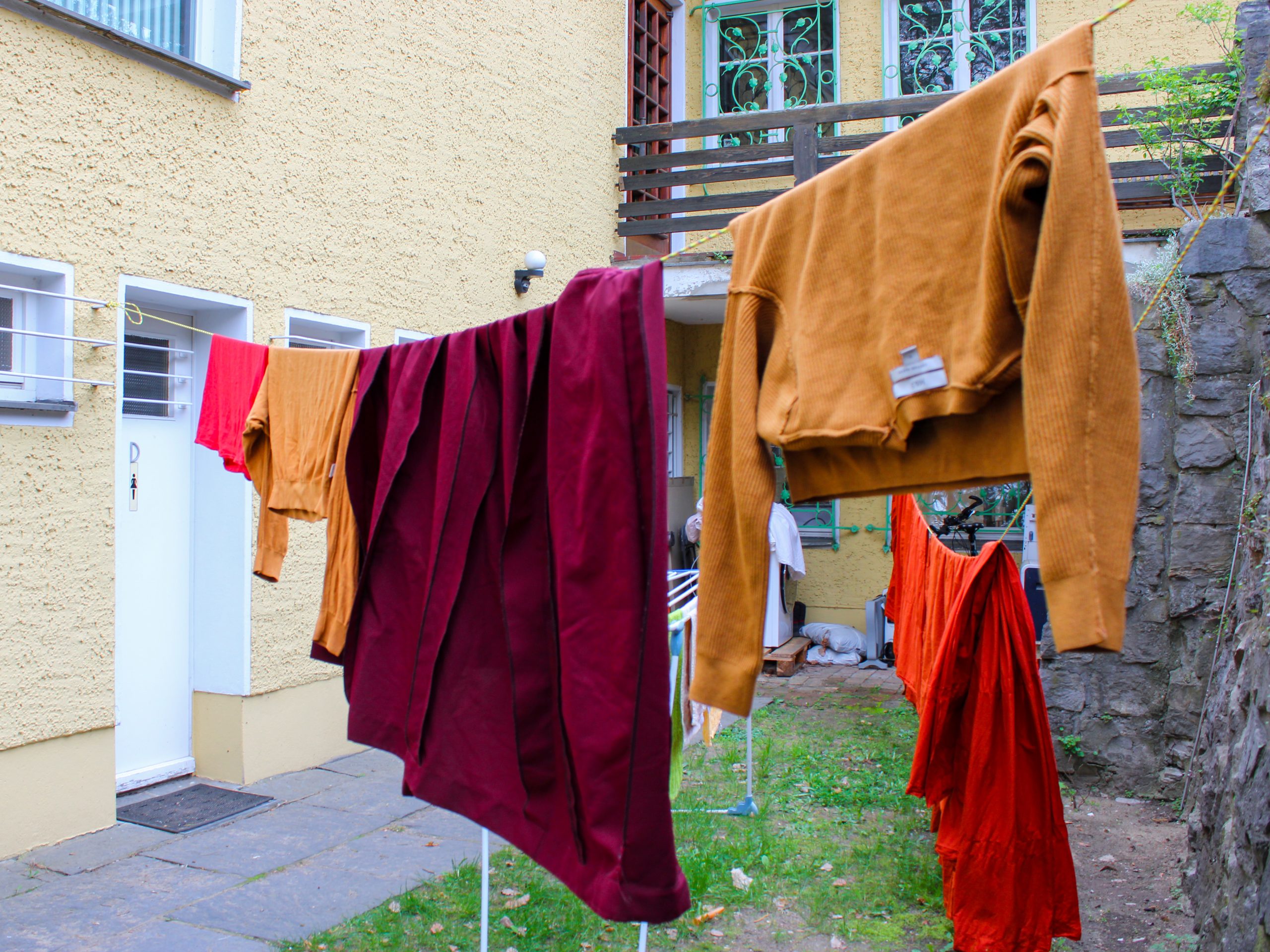
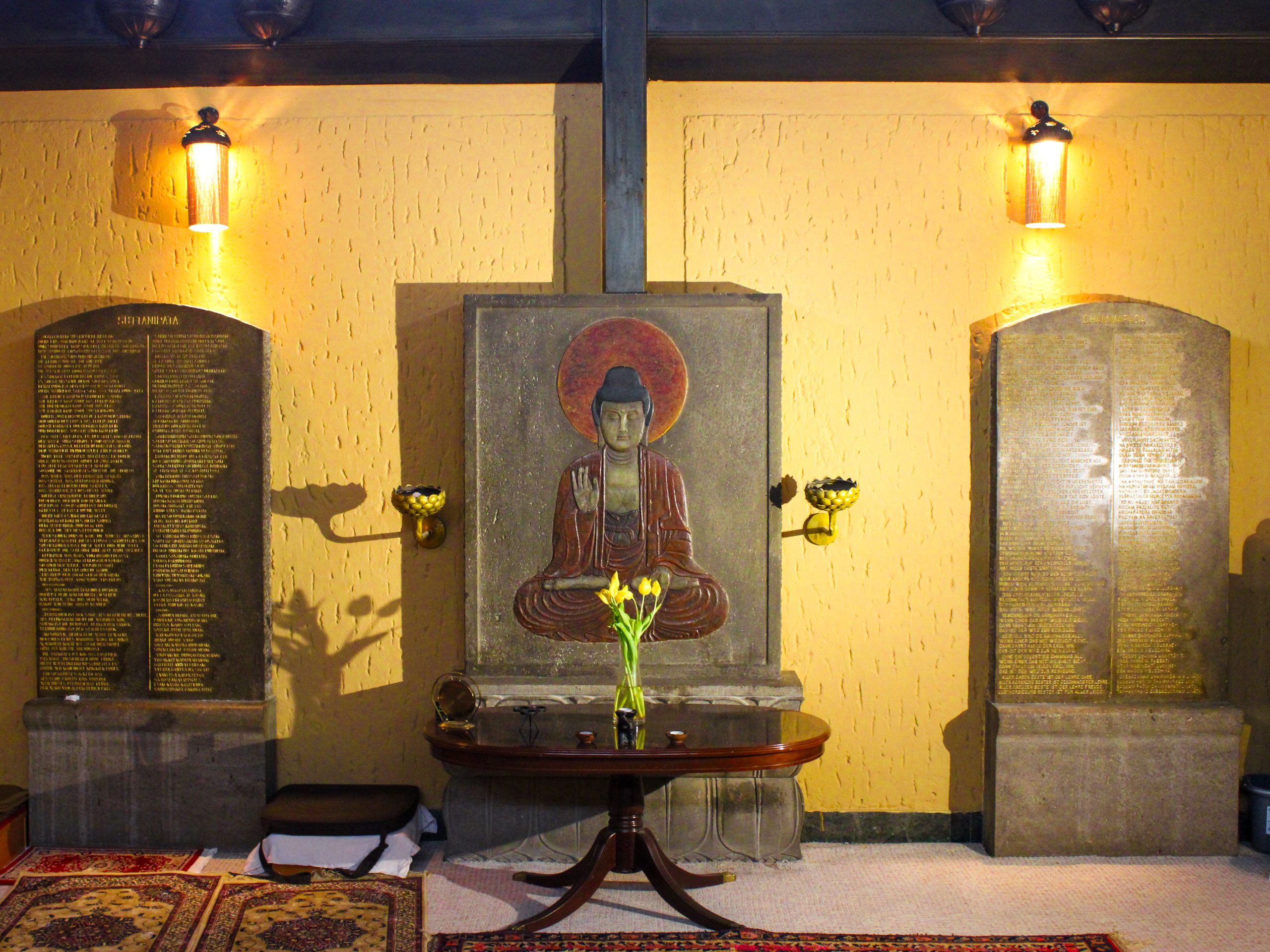
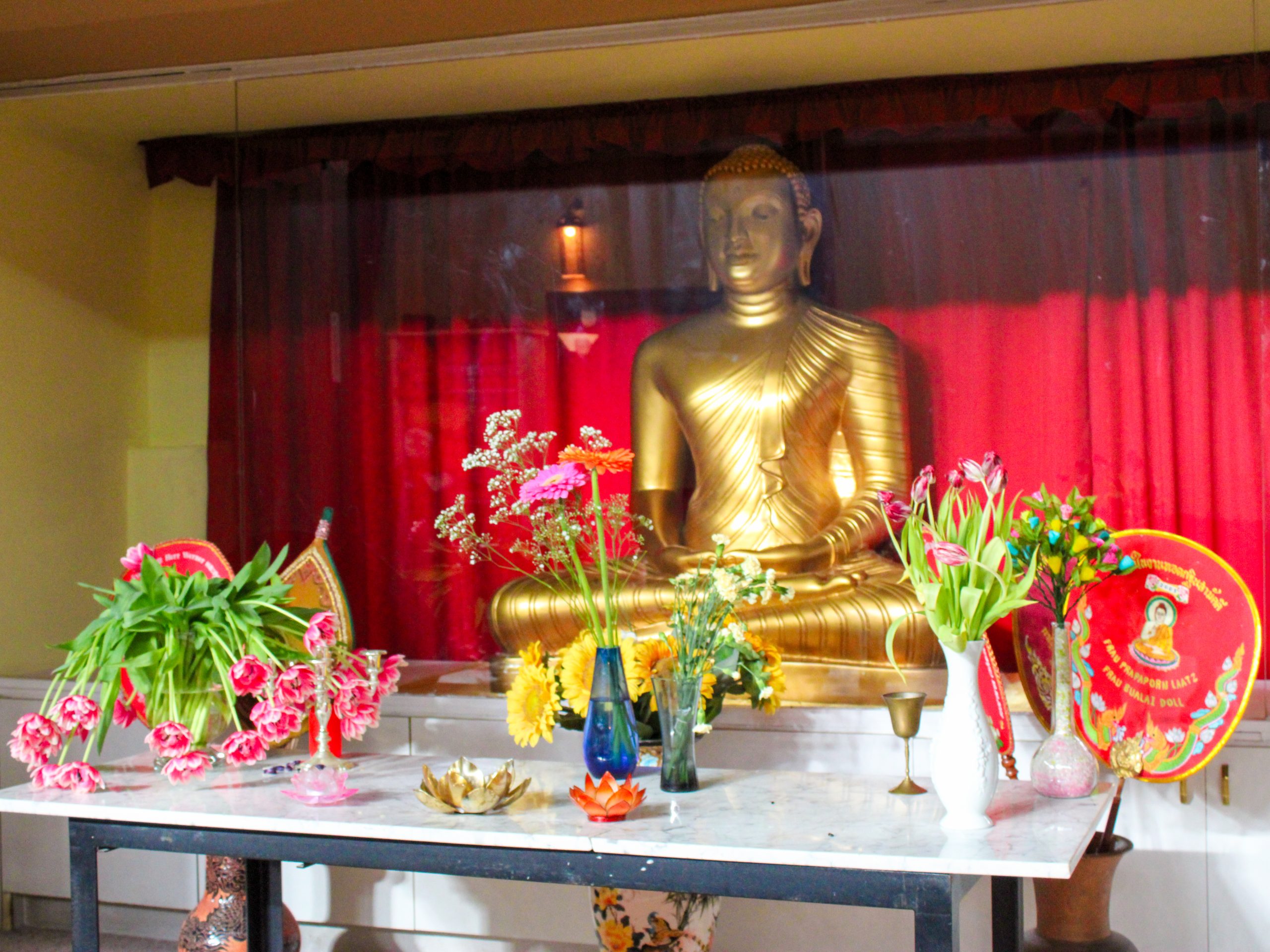
Das Buddhistische Haus, the oldest Buddhist temple in Europe, located in Berlin. © Rosita Soreya Wijnberg
